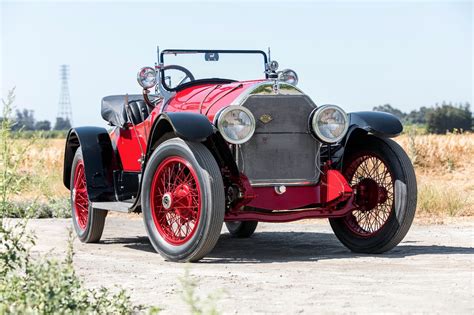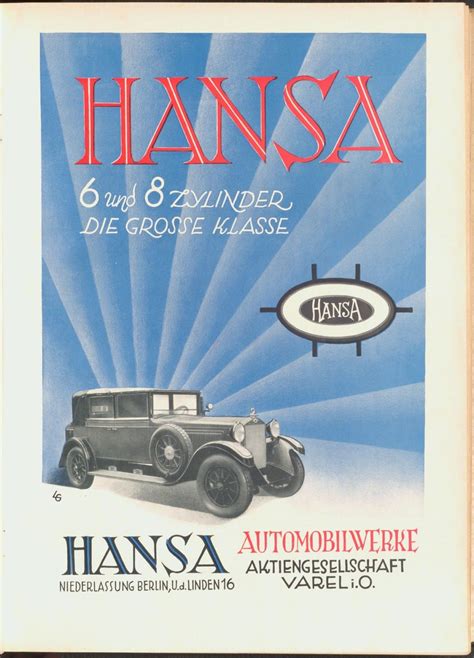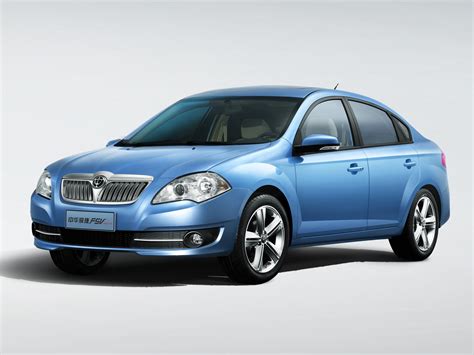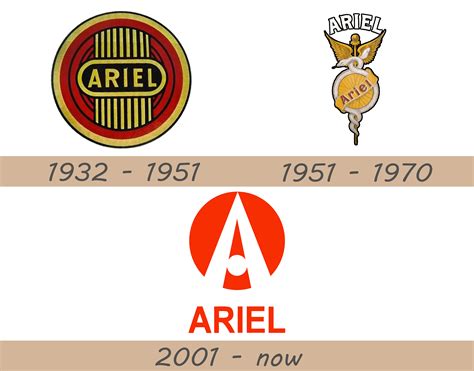Discover GMC’s impactful history, from its founding to surviving the Great Depression and contributing to both World Wars. Learn about their expansion and innovations.
Founding of GMC
Contents
The General Motors Truck Company (GMC) was founded in 1902 by Max Grabowsky, a former steam car engineer. The company originally produced commercial trucks for the use of the Rapid Motor Vehicle Company, which was the original owner of GMC. In 1909, General Motors acquired the company and it was at this point that GMC became a division of General Motors.
Under General Motors, GMC continued to manufacture trucks, buses, and other commercial vehicles. The company’s focus on producing high-quality, durable vehicles quickly established its reputation as a reliable and trustworthy manufacturer within the automotive industry.
In the years following its acquisition by General Motors, GMC’s product lineup expanded to include military vehicles and heavy-duty trucks. This diversification allowed GMC to demonstrate its versatility and adaptability as a manufacturer, further solidifying its standing within the industry.
Since its founding, GMC has remained a prominent figure in the automotive world, known for its commitment to quality, innovation, and reliability. The company’s rich history and esteemed reputation have made it a leading manufacturer of trucks and commercial vehicles, continuing to hold a strong presence in the market today.
GMC’s Contribution to World War I
GMC, or General Motors Company, made significant contributions to the war effort during World War I. The company played a vital role in producing military vehicles, including trucks and ambulances, that were used by the United States and its allies. These vehicles were essential for transporting troops, supplies, and equipment to the front lines, as well as for medical evacuation. GMC’s production capabilities and engineering expertise were critical in supporting the war effort and helping to achieve victory.
Furthermore, GMC’s involvement in World War I also helped to establish the company as a major player in the automotive industry. The experience gained from manufacturing military vehicles and working closely with the military provided valuable knowledge and expertise that would later benefit the company in its civilian vehicle production. This legacy of innovation and reliability has been a hallmark of GMC vehicles to this day.
In addition to producing vehicles for the military, GMC also contributed to the war effort in other ways, such as providing support and resources to the troops. The company’s dedication to serving the nation during wartime further solidified its reputation as a patriotic and responsible corporate citizen.
GMC’s contribution to World War I not only helped to secure victory for the Allies but also established the company as a leading manufacturer of military and civilian vehicles. The legacy of GMC’s wartime efforts continues to be celebrated and remembered as an important chapter in the company’s history.
Expansion and Innovation in the 1920s
The 1920s were a time of great growth and progress for the GMC Car Company. During this decade, the company saw significant expansion and innovation that helped solidify its place in the automotive industry.
One of the key factors in GMC’s expansion during the 1920s was the introduction of new assembly line techniques. These new methods allowed for mass production of vehicles, making them more affordable and accessible to a larger portion of the population.
In addition to the assembly line innovations, GMC also made significant strides in automotive design during the 1920s. The company introduced sleek, new models that featured modern amenities and cutting-edge technology, appealing to a wider range of consumers.
The 1920s also saw GMC expanding its market reach and establishing a strong presence in international markets. This expansion allowed the company to tap into new customer bases and solidify its reputation as a global leader in the automotive industry.
Overall, the 1920s were a time of great progress and growth for GMC. The company’s commitment to innovation and expansion during this decade laid the foundation for its continued success in the years to come.
Surviving the Great Depression
The Great Depression of the 1930s was a challenging time for many businesses, including the automotive industry. However, GMC managed to weather the storm and continue its operations during this difficult period. Despite a significant decrease in consumer spending and a sharp decline in overall economic activity, GMC implemented several innovative strategies to survive the Great Depression.
One of the key factors that helped GMC survive the Great Depression was its ability to adapt to the changing market conditions. The company diversified its product line and focused on producing vehicles for commercial and industrial use, which helped offset the decline in consumer demand for personal vehicles. Additionally, GMC expanded its global presence, seeking new markets abroad to compensate for the downturn in domestic sales.
In addition to diversifying its product line and expanding its market reach, GMC also implemented cost-cutting measures to streamline its operations and reduce expenses. The company optimized its manufacturing processes, improved efficiency, and maximized productivity to mitigate the impact of the economic downturn on its bottom line.
Furthermore, GMC prioritized innovation and research and development to stay ahead of the competition and maintain its position in the market. The company introduced new technologies and advancements in vehicle design, which helped attract customers and maintain its competitive edge even during the Great Depression.
Overall, GMC‘s ability to adapt, diversify, innovate, and cut costs enabled the company to survive the challenges of the Great Depression and emerge stronger and more resilient in the aftermath of this historic economic crisis.
GMC’s Role in World War II
GMC’s Role in World War II was crucial in providing vehicles and trucks to support the war effort. As the war escalated, the demand for military vehicles increased dramatically, and GMC rose to the occasion by producing over 600,000 trucks for the war. These trucks were used for transporting troops, supplies, and artillery to the frontlines, making them an essential part of the war machinery.
During World War II, GMC also played a significant role in the production of amphibious vehicles, known as the Duck, which were used in amphibious landings and transportation over both land and water. These versatile vehicles were instrumental in military operations, especially during the D-Day landings in Normandy.
In addition to producing trucks and amphibious vehicles, GMC also contributed to the war effort by manufacturing aircraft engines and other essential components for military aircraft. These contributions helped sustain the Allied air superiority and provided crucial support for combat operations.
Overall, GMC’s role in World War II was pivotal in providing the military with the transportation and equipment needed to achieve victory. The company’s dedication to supporting the war effort exemplifies its commitment to serving the nation and its armed forces during this critical period in history.












